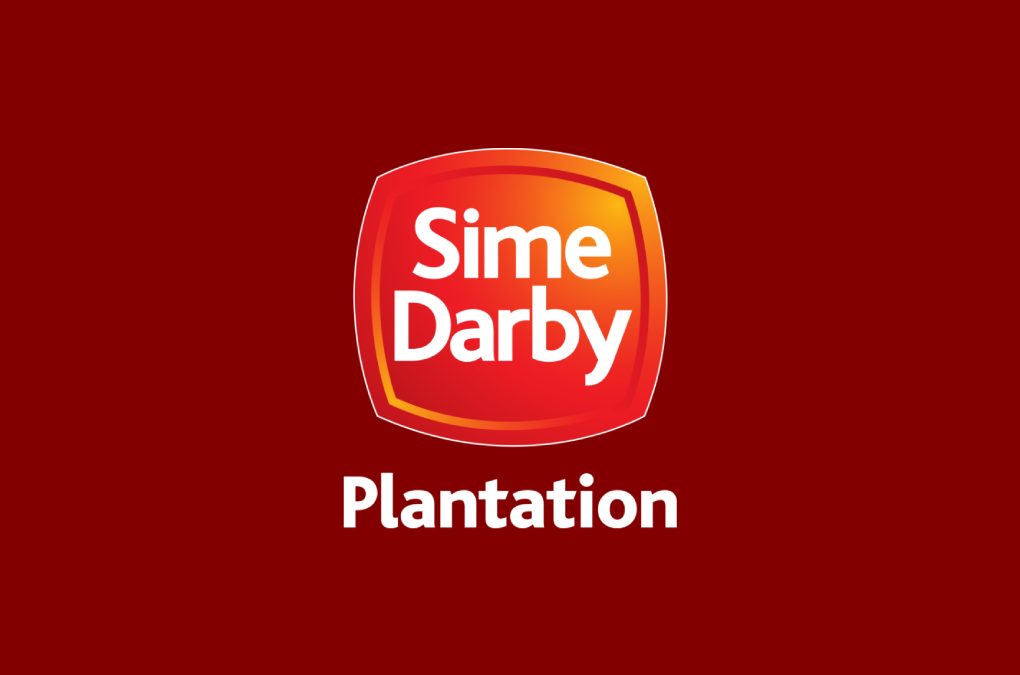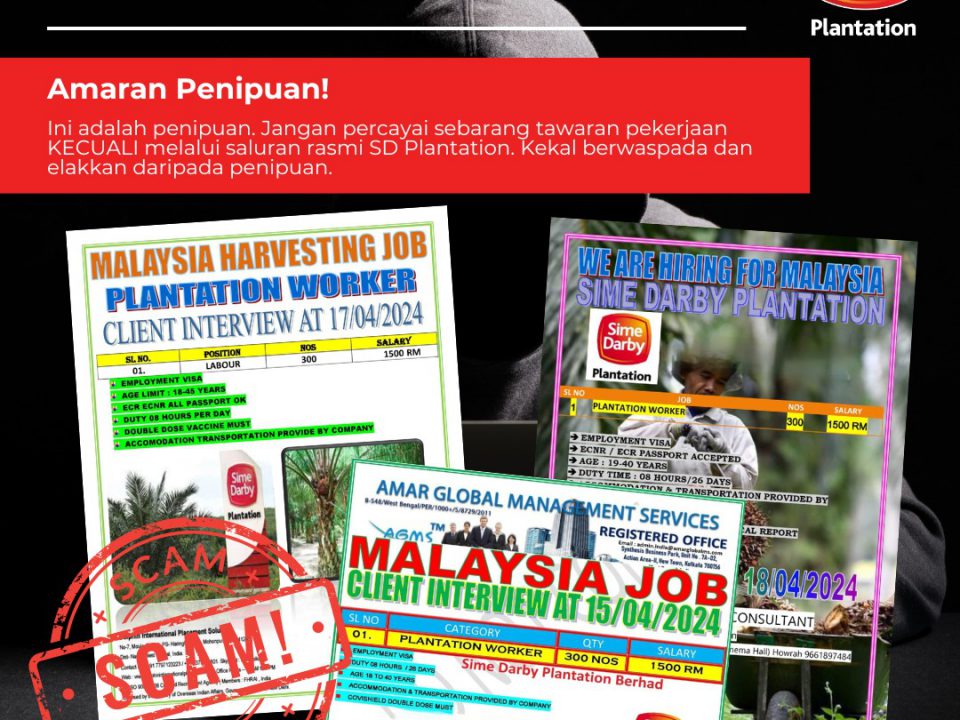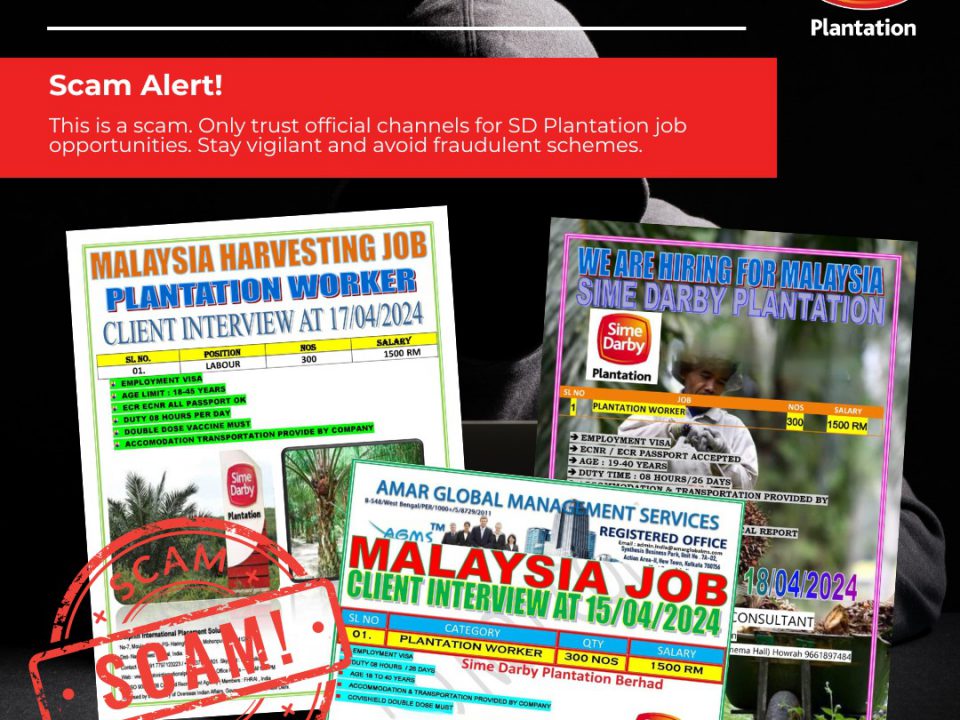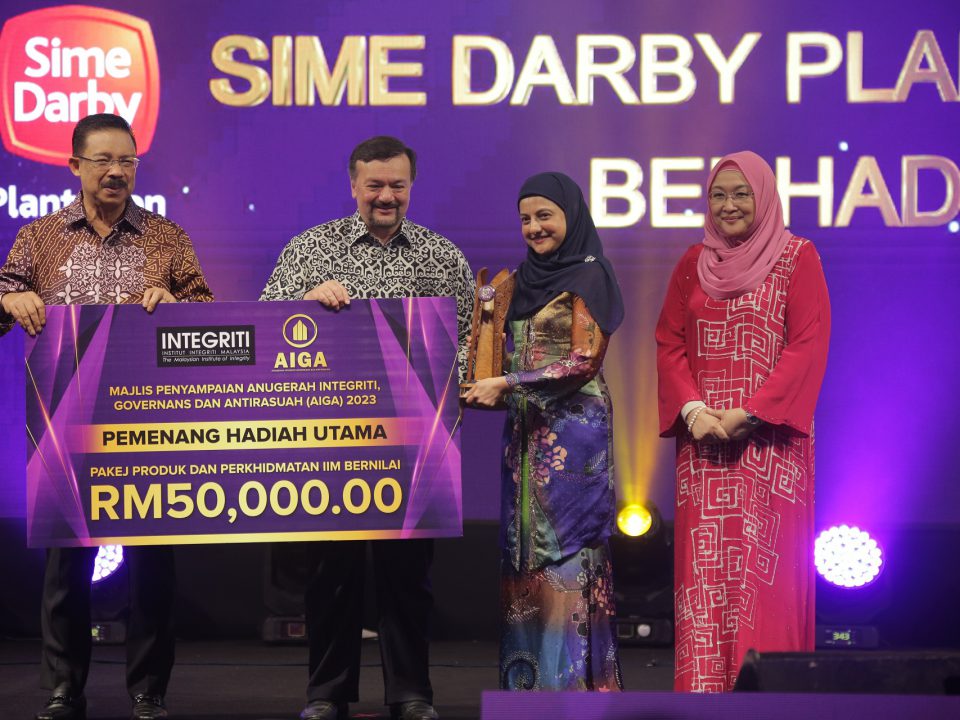Sime Darby’s Response to Report by FPP, Sawit Watch and TUK


Sime Darby's Response to Report by FPP, Sawit Watch and TUK
12 November 2013 - Sime Darby Plantation Liberia Inc (SDPL) notes the report titled “Conflict or consent: the oil palm sector at a crossroads”, which was released on 7 November 2013. SDPL welcomes positive input that would serve to truly assist the development of communities and safeguard their economic and social interests, while recognizing the need for responsible investment. The conclusions drawn in the report are also a reflection of SDPL’s position: “…negotiations with communities currently involving Sime Darby and the government are a positive sign. From the perspectives of communities at Grand Cape Mount County (GCM) it is imperative that both the company and the government respect the full range of relevant cross-cutting human rights of communities, including their property rights to customary lands and resources.”
“Good faith negotiations must proceed on this premise for there to be a lasting solution that protects the human rights of the local communities, and yield concrete, timely and visible results”.
However, the report dwells on events that occurred in 2011, based on a field research conducted in February 2012. This information is dated and thus does not offer an accurate reflection of SDPL’s operations in Liberia today. The report fails to mention or examine the numerous improvements and changes that have been implemented by SDPL with a view to overcoming some of the gaps and lapses that had initially affected the company’s operations in Liberia.
Following initial difficulties with land acquisition, SDPL temporarily halted operations to engage in more active and wide-ranging consultation with various stakeholders. SDPL adopted a three-pronged strategy to ensure smoother development in Liberia, namely, (i) remedial measures to correct and/or improve the situation in GCM; (ii) develop a new approach to the Free Prior Informed Consent model for Liberia; (iii) establish the Sustainable Partnership Initiative (SPI), a multi-stakeholder platform, to engage with project affected communities in GCM.
Through the SPI, which includes the leaders of local communities, World Bank and IFC, SDPL has engaged with disenfranchised communities in the areas where it had encountered difficulties, to ensure that the company’s operations bring the intended benefit to the people of GCM. The SPI helped facilitate successful negotiations with Project Affected Communities and the fulfillment of several remedial activities including the intensive farming plots and new social amenities.
Since then, SDPL has announced its charter; a commitment to the communities wherever it operates. The signing of a memorandum of understanding with the Zodua Clan to develop a further 5,000 hectares is evidence of the success of SDPL’s approach.
As a company that believes in corporate responsibility and sustainable development, SDPL will always take stock of its challenges and successes and continue to refine and improve its operations further. In the interest of transparency and good governance, SDPL has reported its activities on its website.


